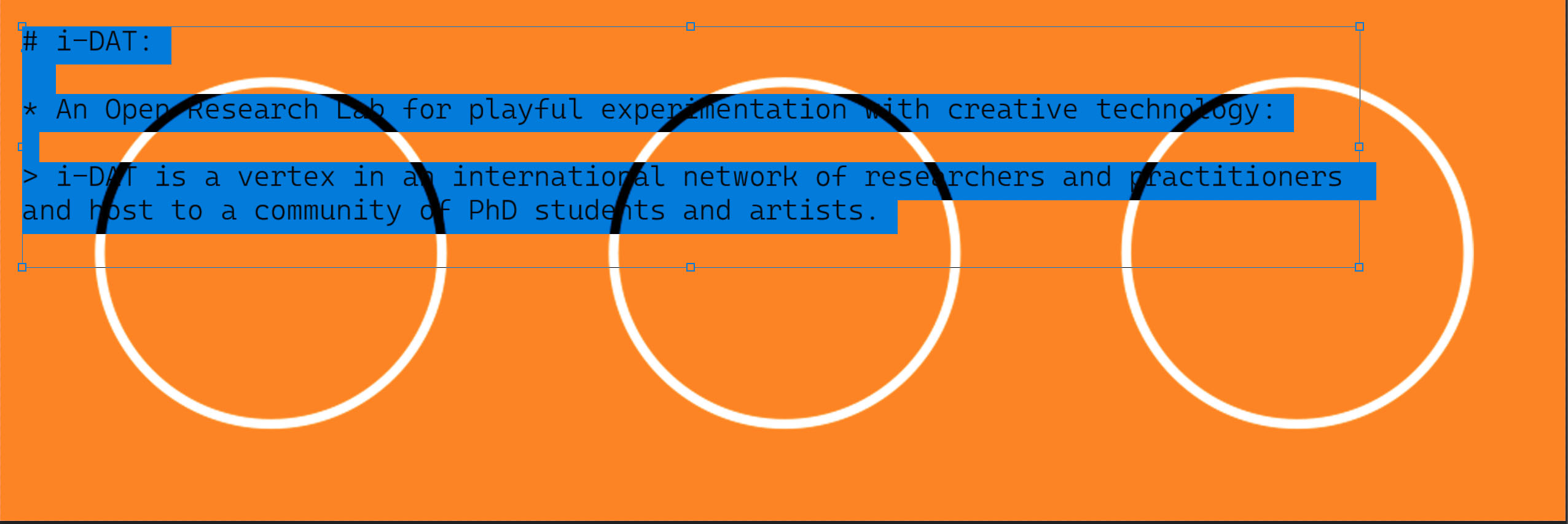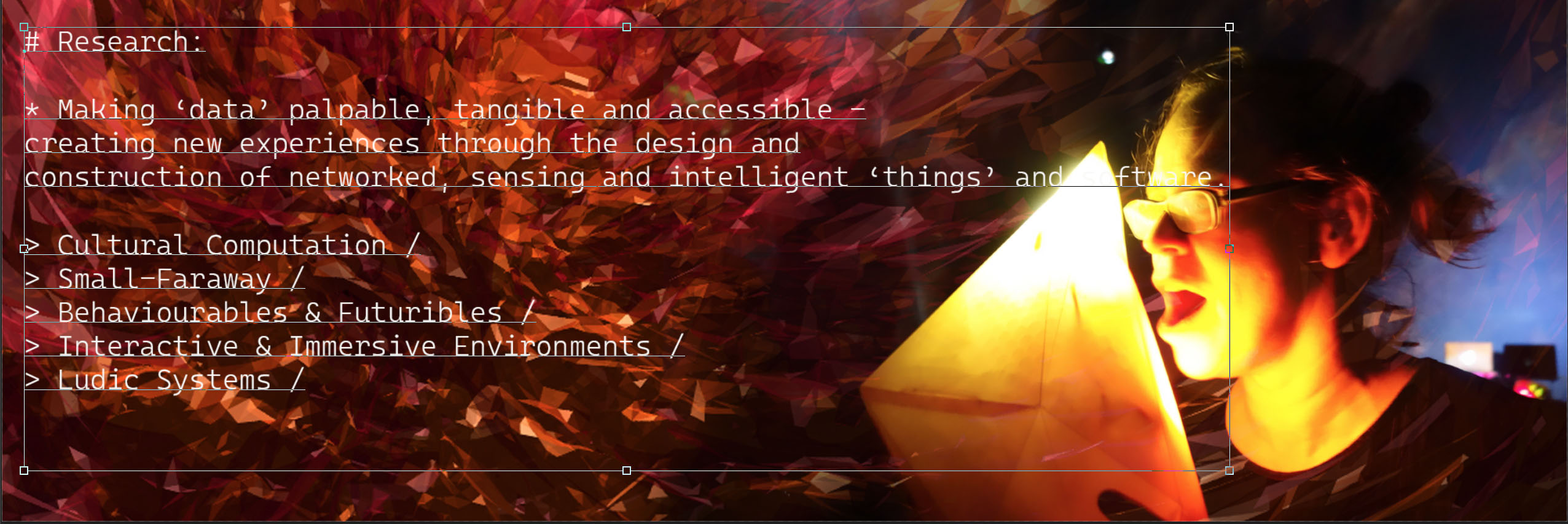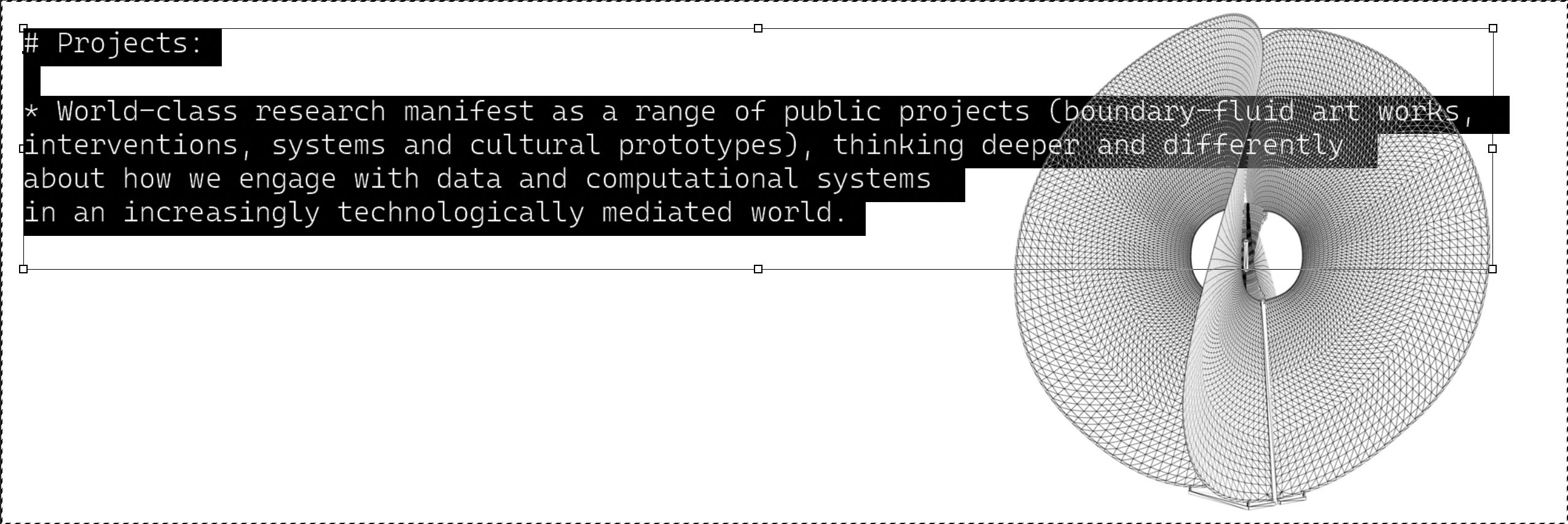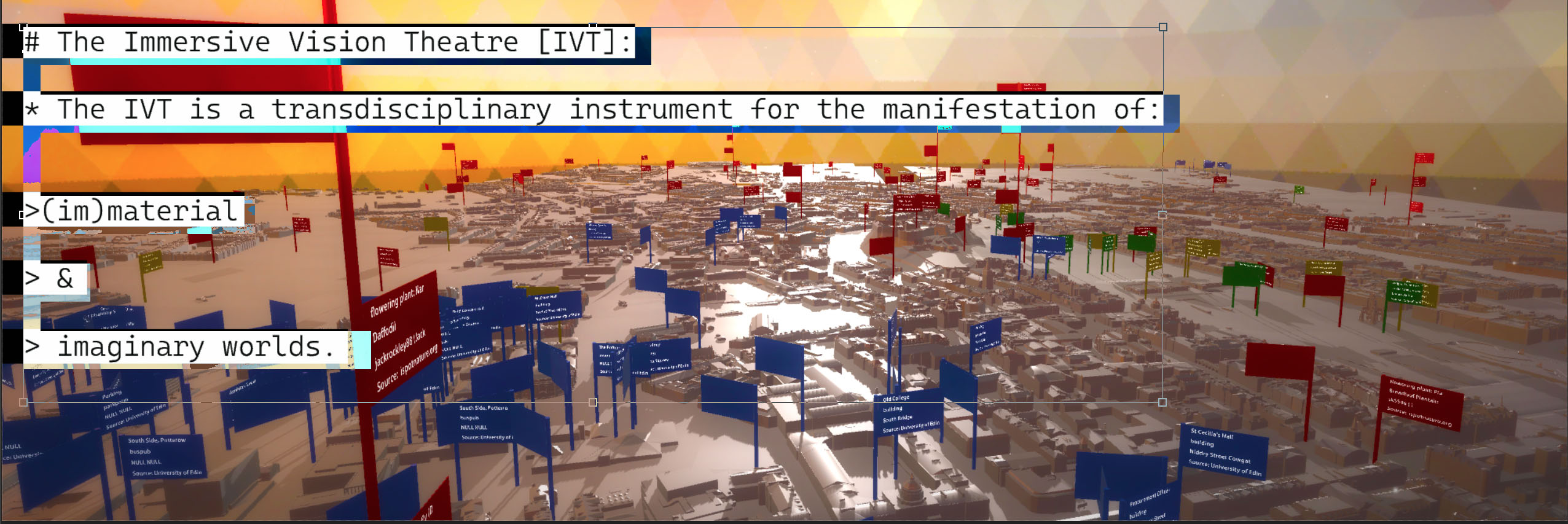
Xianzhi Wang is a PhD researcher in i-DAT on the CODEX International Postgraduate Research Network.
My research focuses on character design and immersion in video games.
Although game design and appearance vary, most successful video games have one important thing in common: the interactivity aspect. This phenomenon is called “immersion” – a name often used by gamers and designers both. In such a highly emotional state, people are fully engaged in the game, often losing the track of time, and feeling more satisfaction. Players do not want to stay laid back and inactive. However, they would rather be involved as the participants. Any successful game of any genre should provide the player with the sense of immersion and be very good in directing player’s movement and attention. Immersion is present in every sphere of the human life, and digitally mediated immersion, meaning the human sense in and perception of virtual environments generated and presented by computer systems, is one of the main issues of the virtual reality technology. The participant when immersed in a virtual environment, processes the visual and other perceptual data of the virtual world like a real world. Both on computers and the mobile phones, video games have become a form of representation of the modern society with its rich content, high level of immersion, competitiveness, and social attributes. It has also become a subject of research of psychological scientists who claim that the most games are appealing to many players because they offer a chance to be absorbed into the greatest and fascinating virtual worlds. It has been found in much research that immersion is a key factor in the continued attractiveness of video games by the players. Many factors contribute to the creation of immersion, and this study will investigate the way game character design creates immersion and the way in which immersion appears from the player. Understanding the mechanism of its creation and making some conclusions as for its use in the further development.






You must be logged in to post a comment.